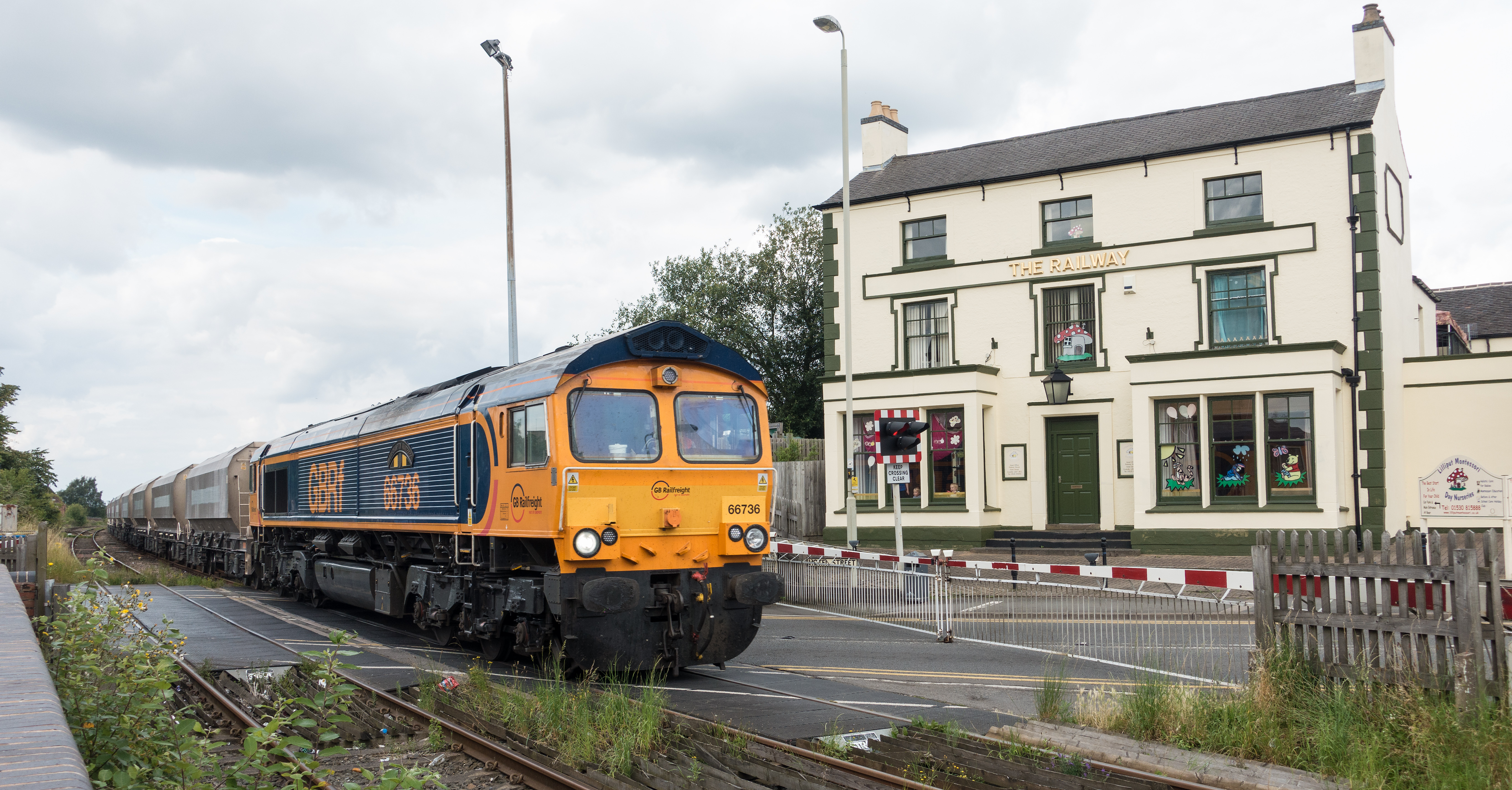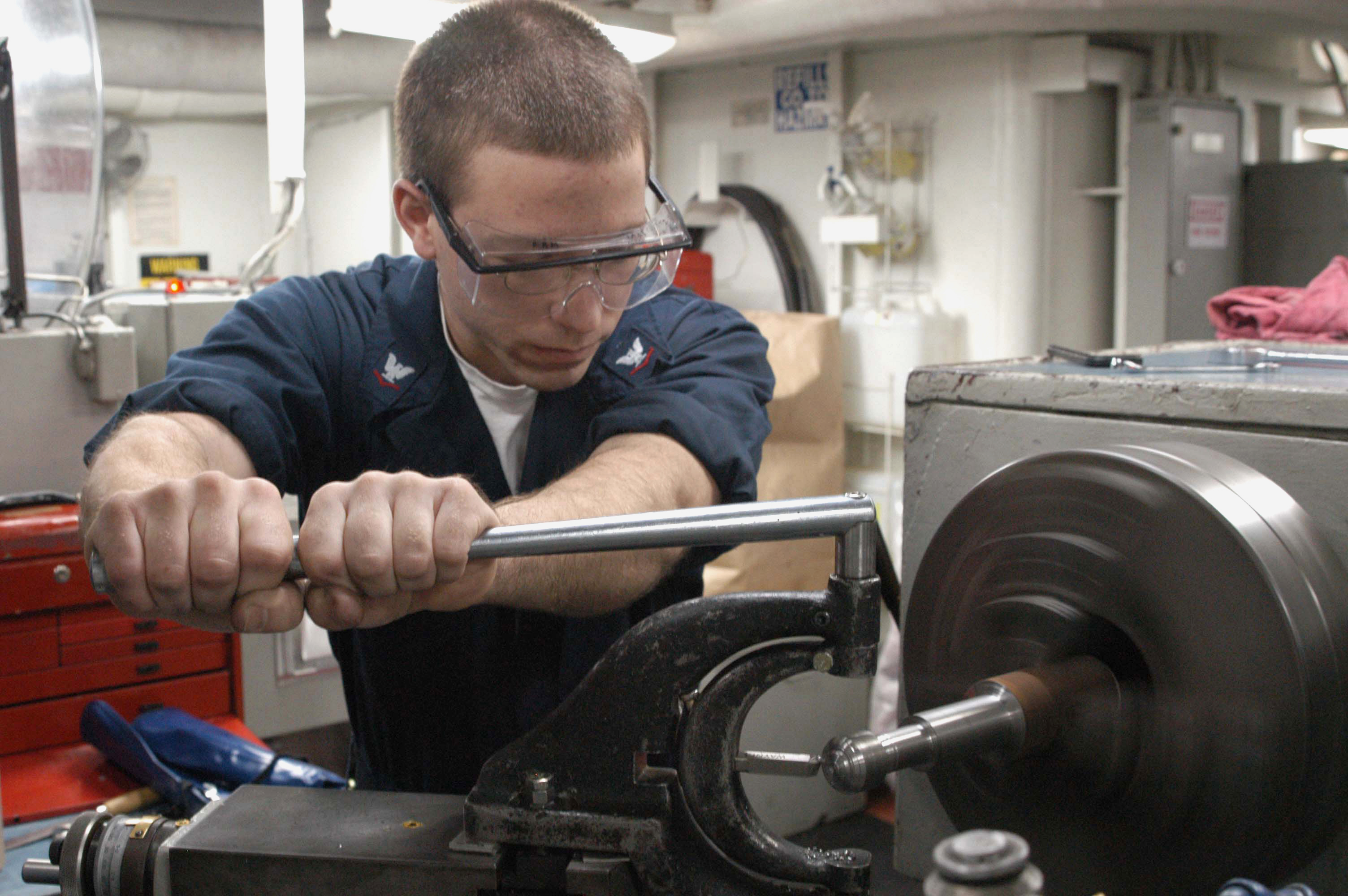|
Coalville Town Railway Station
Coalville Town was a railway station at Coalville in Leicestershire on the Leicester to Burton upon Trent Line. Passenger business was carried out at the "Railway Hotel" when the line opened in 1833 until the first Coalville station was opened by the Midland Railway in 1848, replaced in 1894 and closed in 1964, although the line remains in use for freight.Clinker, C.R. (1977) ''The Leicester & Swannington Railway'' Bristol: Avon Anglia Publications & Services. Reprinted from the Transactions of the Leicestershire Archaeological Society Volume XXX, 1954. History The Leicester and Swannington Railway was originally built to carry coal and there was little provision for any passenger traffic. When the railway opened at Long Lane, now Coalville, in 1833 passenger business had to be carried out at the "Railway Hotel" adjacent to the level crossing. The first proper Coalville station was opened in 1848 after the line had been taken over by the Midland Railway. This in turn was rebuilt ... [...More Info...] [...Related Items...] OR: [Wikipedia] [Google] [Baidu] |
Coalville
Coalville is an industrial town in the district of North West Leicestershire, Leicestershire in the East Midlands of England, with a population at the 2011 census of 34,575. It lies on the A511 trunk road between Leicester and Burton upon Trent, close to junction 22 of the M1 motorway where the A511 meets the A50 between Ashby-de-la-Zouch and Leicester. It borders the upland area of Charnwood Forest to the east of the town. Coalville is twinned with Romans-sur-Isère in southeastern France. History Coalville is a product of the Industrial Revolution. As its name indicates, it is a former coal mining town and was a centre of the coal-mining district of north Leicestershire. It has been suggested that the name may derive from the name of the house belonging to the founder of Whitwick Colliery: 'Coalville House'. However, conclusive evidence is a report in the ''Leicester Chronicle'' of 16 November 1833: 'Owing to the traffic which has been produced by the Railway and New ... [...More Info...] [...Related Items...] OR: [Wikipedia] [Google] [Baidu] |
Motive Power Depot
The motive power depot (MPD) or locomotive depot, or traction maintenance depot (TMD), is the place where locomotives are usually housed, repaired and maintained when not being used. They were originally known as "running sheds", "engine sheds" or, for short, just sheds. Facilities are provided for refuelling and replenishing water, lubricating oil and grease and, for steam engines, disposal of the ash. There are often workshops for day to day repairs and maintenance, although locomotive building and major overhauls are usually carried out in the locomotive works. (Note: In American English, the term ''depot'' is used to refer to passenger stations or goods (freight) facilities and not to vehicle maintenance facilities.) German practice The equivalent of such depots in German-speaking countries is the ''Bahnbetriebswerk'' or ''Bw'' which has similar functions, with major repairs and overhauls being carried out at ''Ausbesserungswerke''. The number of these reduced drastic ... [...More Info...] [...Related Items...] OR: [Wikipedia] [Google] [Baidu] |
Beeching Closures In England
Beeching is an English surname. Either a derivative of the old English ''bece'', ''bæce'' "stream", hence "dweller by the stream" or of the old English ''bece'' "beech-tree" hence "dweller by the beech tree".''Oxford Dictionary of English Surnames'', Reaney & Wilson, Oxford University Press 2005 People called Beeching include:- * Henry Charles Beeching (1859–1919) clergyman, author and poet * Jack Beeching (John Charles Stuart Beeching) (1922–2001), British poet * Richard Beeching (1913–1985), chairman of British Railways * Thomas Beeching (1900–1971), English soldier and cricketer * Vicky Beeching (Victoria Louise Beeching) (born 1979), British-born Christian singer See also * Beeching Axe The Beeching cuts (also Beeching Axe) was a plan to increase the efficiency of the nationalised railway system in Great Britain. The plan was outlined in two reports: ''The Reshaping of British Railways'' (1963) and ''The Development of the ..., informal name for th ... [...More Info...] [...Related Items...] OR: [Wikipedia] [Google] [Baidu] |
Railway Stations In Great Britain Closed In 1964
Rail transport (also known as train transport) is a means of transport that transfers passengers and goods on wheeled vehicles running on rails, which are incorporated in tracks. In contrast to road transport, where the vehicles run on a prepared flat surface, rail vehicles (rolling stock) are directionally guided by the tracks on which they run. Tracks usually consist of steel rails, installed on sleepers (ties) set in ballast, on which the rolling stock, usually fitted with metal wheels, moves. Other variations are also possible, such as "slab track", in which the rails are fastened to a concrete foundation resting on a prepared subsurface. Rolling stock in a rail transport system generally encounters lower frictional resistance than rubber-tyred road vehicles, so passenger and freight cars (carriages and wagons) can be coupled into longer trains. The operation is carried out by a railway company, providing transport between train stations or freight customer facilit ... [...More Info...] [...Related Items...] OR: [Wikipedia] [Google] [Baidu] |
Railway Stations In Great Britain Opened In 1833
Rail transport (also known as train transport) is a means of transport that transfers passengers and goods on wheeled vehicles running on rails, which are incorporated in tracks. In contrast to road transport, where the vehicles run on a prepared flat surface, rail vehicles (rolling stock) are directionally guided by the tracks on which they run. Tracks usually consist of steel rails, installed on sleepers (ties) set in ballast, on which the rolling stock, usually fitted with metal wheels, moves. Other variations are also possible, such as "slab track", in which the rails are fastened to a concrete foundation resting on a prepared subsurface. Rolling stock in a rail transport system generally encounters lower frictional resistance than rubber-tyred road vehicles, so passenger and freight cars (carriages and wagons) can be coupled into longer trains. The operation is carried out by a railway company, providing transport between train stations or freight customer faciliti ... [...More Info...] [...Related Items...] OR: [Wikipedia] [Google] [Baidu] |
Former Midland Railway Stations
A former is an object, such as a template, gauge or cutting die, which is used to form something such as a boat's hull. Typically, a former gives shape to a structure that may have complex curvature. A former may become an integral part of the finished structure, as in an aircraft fuselage, or it may be removable, being using in the construction process and then discarded or re-used. Aircraft formers Formers are used in the construction of aircraft fuselage, of which a typical fuselage has a series from the nose to the empennage, typically perpendicular to the longitudinal axis of the aircraft. The primary purpose of formers is to establish the shape of the fuselage and reduce the column length of stringers to prevent instability. Formers are typically attached to longerons, which support the skin of the aircraft. The "former-and-longeron" technique (also called stations and stringers) was adopted from boat construction, and was typical of light aircraft built until the ad ... [...More Info...] [...Related Items...] OR: [Wikipedia] [Google] [Baidu] |
Coleorton Tramway
Coleorton ( ) is a village and civil parish in North West Leicestershire, England. It is situated on the A512 road approximately 2 miles (3.2 km) east of Ashby de la Zouch. Nearby villages include Newbold, to the north, Thringstone to the east, and Swannington to the south-east. In the 2001 census, the population of the parish was 1,016, increasing to 1,177 at the 2011 census. The village's name means 'farm/settlement on a ridge'. 'Cole' derives from the Old English ''col'' meaning coal, which was first appended here in 1443 Formerly an ancient parish in West Goscote hundred, Coleorton became part of Ashby de la Zouch Rural District which was created in 1894. Coal mining was an important industry in the area since the 15th century. In 1572, the miners worked in gangs of 10-20 men, with the gang paid one shilling for each 'rook' they dug out (the rook was a fixed quantity, believed to be c. 1-2 tons). Coleorton Colliery, which was between Coleorton and Swannington, ... [...More Info...] [...Related Items...] OR: [Wikipedia] [Google] [Baidu] |
Association Of Train Operating Companies
The Rail Delivery Group (RDG), previously the Association of Train Operating Companies, is the British rail industry membership body that brings together passenger and freight rail companies, Network Rail and High Speed 2. History From 24 October 2017, RDG replaced: * The Association of Train Operating Companies (ATOC), comprising the passenger train operating companies. ATOC was set up by the train operators to ensure nationwide services – such as ticket acceptance and railcards – continued after the privatisation of the railways under the Railways Act 1993. ATOC also lobbied on the operators' behalf. * The former Rail Delivery Group, formed in 2011 to formulate policy and undertake communications on behalf of the entire rail industry. At first the group's members were the major passenger and freight train operator groups, together with Network Rail; membership was widened to all passenger and freight operators in 2013. The new RDG is owned by its members, which are: * N ... [...More Info...] [...Related Items...] OR: [Wikipedia] [Google] [Baidu] |
Privatisation Of British Rail
The privatisation of British Rail was the process by which ownership and operation of the railways of Great Britain passed from government control into private hands. Begun in 1994, it had been completed by 1997. The deregulation of the industry was initiated by EU Directive 91/440 in 1991, which aimed to create a more efficient rail network by creating greater competition. British Railways (BR) had been in state ownership since 1948, under the control of the British Railways Board (BRB). Under the Conservative government of Margaret Thatcher elected in 1979, various state-owned businesses were sold off, including various functions related to the railways – Sealink ferries and British Transport Hotels by 1984, Travellers Fare catering by 1988 and British Rail Engineering Limited (train building) by 1989. It was under Thatcher's successor John Major that the railways themselves were privatised, using the Railways Act 1993. The operations of the BRB were broken up and sold o ... [...More Info...] [...Related Items...] OR: [Wikipedia] [Google] [Baidu] |
Machinist
A machinist is a tradesperson or trained professional who not only operates machine tools, but also has the knowledge of tooling and materials required to create set ups on machine tools such as milling machines, grinders, lathes, and drilling machines. A competent machinist should have a well-developed mechanical aptitude, the ability to correctly use precision measuring instruments, and a working knowledge of the proper speeds and feeds required for successfully utilizing the various work and tool materials commonly used in most machining operations. Nature of work Mass-produced parts of machines are more common today, but still require machinists and millwrights to calibrate and install machine parts to manufacture other parts. In many parts of the economy, however, custom-made parts are required for various uses. A machinist may work on manufacturing something simple like a motorcycle frame part, a piece of an internal combustion motor, or something extraordinarily complex, ... [...More Info...] [...Related Items...] OR: [Wikipedia] [Google] [Baidu] |







